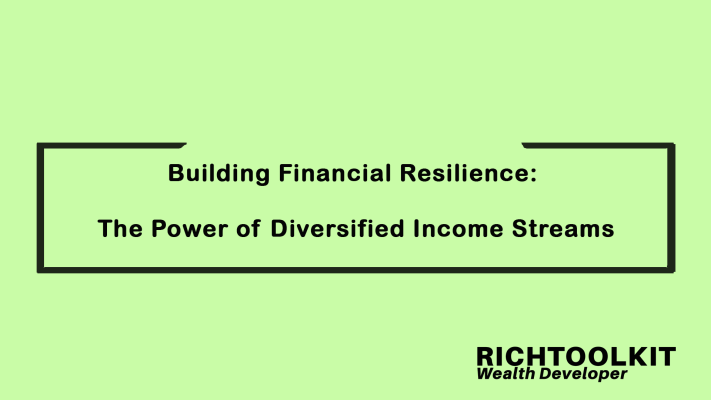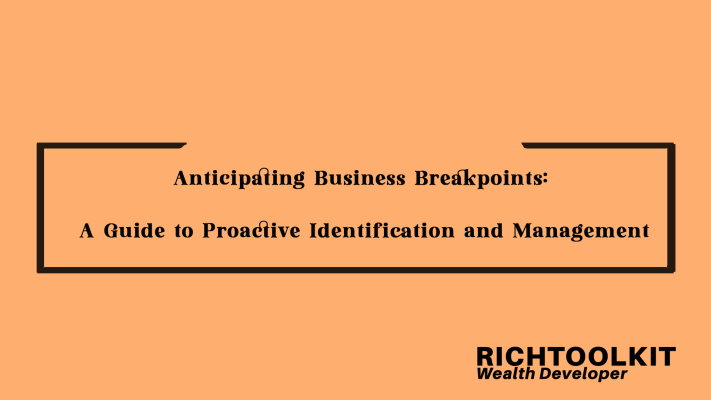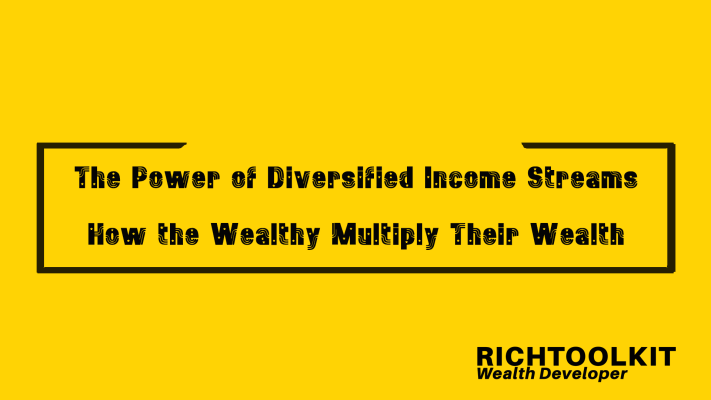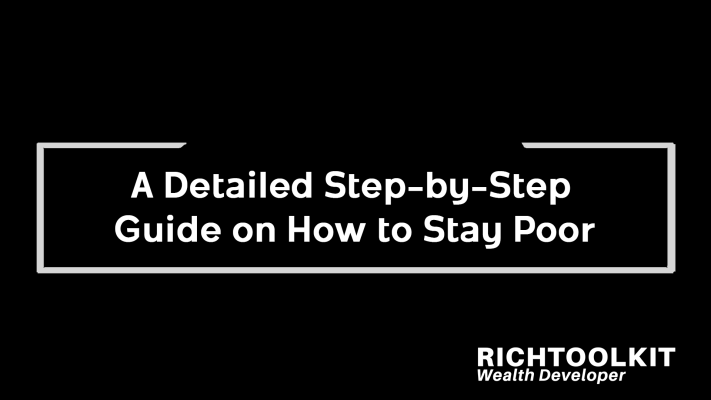Objective and Focus:
Coach: Coaches focus on specific objectives and outcomes, such as skill enhancement, performance improvement, or career advancement. They help clients develop self-awareness, set SMART (Specific, Measurable, Achievable, Relevant, Time-bound) goals, and implement action plans to achieve desired results.
Mentor: Mentors focus on providing guidance, perspective, and wisdom to support the overall growth and development of their mentees. While they may offer advice on specific goals or challenges, the primary objective of mentoring is to foster long-term personal and professional development.
Expertise and Experience:
Coach: Coaches often possess specialized training and expertise in coaching methodologies, psychology, or specific domains such as leadership, communication, or executive coaching. They use their skills and knowledge to facilitate the learning and growth of their clients.
Mentor: Mentors draw from their own life experiences, career journey, and domain expertise to provide valuable insights and guidance to their mentees. They offer a broader perspective and context based on their personal and professional experiences.
Duration and Intensity:
Coach: Coaching relationships may vary in duration and intensity, depending on the specific goals and needs of the client. Coaches may work with clients on a short-term basis to address specific challenges or engage in longer-term coaching engagements for ongoing development and support.
Mentor: Mentorship relationships often evolve over an extended period, allowing for deeper rapport and trust to develop between the mentor and mentee. While mentorship may be more informal and flexible in terms of structure, it can be a long-term and enduring relationship based on mutual respect and trust.
Purpose and Focus:
Coach: A coach is primarily focused on improving specific skills, behaviors, or performance. Coaching is typically task-oriented and aims to help individuals achieve specific, measurable goals. Coaches often work on short-term, targeted objectives.
Mentor: A mentor, on the other hand, is more focused on overall career and personal development. Mentoring relationships are often long-term and encompass a broader range of topics, including career guidance, personal growth, and professional aspirations.
Nature of Relationship:
Coach: The coach is often someone external to the individual’s immediate work environment. Coaches are hired to provide expertise in a particular area and help the individual develop specific skills or overcome challenges.
Mentor: A mentor is typically someone within or closely associated with the individual’s field or organization. Mentorship relationships often evolve more organically, with mentors offering guidance based on their own experiences.
Expertise and Guidance:
Coach: Coaches are hired for their specific expertise in a particular skill or area. They provide structured guidance, feedback, and strategies to help individuals improve their performance.
Mentor: Mentors, while often having expertise, are not necessarily chosen for their specific skills. Instead, they offer a broader perspective, share experiences, and provide general advice to help mentees navigate their careers.
Formality and Structure:
Coach: Coaching relationships are typically formal and structured. They often involve predefined goals, regular sessions, and specific strategies to address challenges or enhance skills.
Mentor: Mentorship relationships are often more informal and flexible. While goals may exist, the relationship tends to be characterized by open conversations and a willingness to share insights over an extended period.
Feedback and Evaluation:
Coach: Coaches provide direct and specific feedback to help individuals improve their performance. Feedback is often focused on the individual’s actions and behaviors.
Mentor: Mentors offer guidance based on personal experiences and may provide more general feedback. The focus is often on the mentee’s overall development and growth rather than specific tasks.
Timeline:
Coach: Coaching relationships are typically shorter in duration, focusing on immediate needs and goals. Once the specific goals are achieved, the coaching relationship may come to an end.
Mentor: Mentorship relationships can last for an extended period, spanning different stages of the mentee’s career. The mentor provides ongoing support and guidance as the mentee evolves and faces new challenges.
In summary, while both coaches and mentors play valuable roles in guiding individuals toward personal and professional growth, the distinction lies in their roles, relationships, objectives, and approaches. Coaches focus on specific goals and outcomes through structured engagements, while mentors provide broader guidance and support based on their own experiences and expertise. Both coaching and mentoring can be invaluable resources for individuals seeking to enhance their skills, overcome challenges, and achieve their full potential.






